Liberal arts education is receiving more and more attention in higher education worldwide. Several years ago UM began reforming its undergraduate education model. In addition to introducing general education courses that contribute to students’ required credit hours, UM also established several Residential Colleges (RC), hoping to create close-knit communities where students live together, study together, learn from one another, and put knowledge into practice. This article discusses liberal arts education at UM in an RC setting.
What Is Liberal Arts Education
Liberal arts education is not focused on teaching knowledge specific to a single discipline. Rather, it starts with values education that encourages students to care about people and events in their lives, and to contemplate how to use their knowledge, talents, and skills to improve the living environment, so as to change themselves and society for the better.
Unlike the discipline-specific education offered by the various faculties, departments, and institutes, liberal arts education is not confined to any one discipline or area of expertise. It mainly concerns learning ability and learning methods. Based on my experience as a teacher, the four years of undergraduate studies can be understood as a process of honing three basic skills, namely the abilities to analyse, synthesise, and form judgments. Liberal arts education provides students with the opportunity to learn, practice, and share these skills so they can ‘learn how to learn’, and thereby develop the ability to educate themselves.
But how should liberal arts education be implemented? Under what conditions can it be better implemented? Prof Edward Chen, former president of Lingnan University in Hong Kong, points out that three conditions must be met before liberal arts education can be implemented successfully: the communities through which liberal arts education is implemented must be small, residential, and student-centred.Close-knit Residential Learning Community
Fortunately, the RCs at UM meet all the three conditions, and therefore provide an ideal platform for implementing liberal arts education. Each UM RC is home to more than 400 undergraduates from different backgrounds. Living and dining together provides ample opportunities for them to know and learn from one another. Under the guidance of the college master and college fellows, students are able to acquire practical knowledge and develop a wide range of skills. To help students become self-driven learners, each RC has designed unique programmes and activities to ensure that students make the best use of the resources in their RCs to develop skills based on their strengths and interests.
Promoting Interpersonal Relationships
A good residential learning community not only helps students achieve better learning outcomes; it also helps them develop and maintain interpersonal relationships. As is noted in the book The Great Learning, ‘Those who study alone without discussing their learning with their friends will never be able to broaden their horizons and will possess only limited knowledge.’ Knowing that creating opportunities for RC members to develop caring and mutually beneficial friendships with one another will enrich their lives, each floor has established a Floor Committee with assistance from the Floor Leader, to promote communication among students living on the same floor. Each RC also has a House Association to encourage students’ participation in college activities, which are designed to help them identify their interests and develop interpersonal skills and team spirit.Leadership Skills
The RCs attach great importance to developing students’ leadership skills, and encourage students to discover their interests and strengths and assist others to make continuous improvement. There are many student organisations in the RCs from which the students may choose. They can join these organisations as either leaders or members to help plan and promote activities and workshops within the RCs. Each RC also holds leadership training courses or workshops on a regular basis, and invites prominent community members and leaders from various fields, both at home and abroad, to share their experiences with the students.Organisational and Leadership Skills
With the hope of providing students with the chance to put knowledge into practice, the RCs frequently organise various activities, including learning opportunities; social, cultural, athletic, and recreational events; workshops on further education and career planning; and activities revolving around current affairs. Organising events by themselves, and assisting the RCs with event organisation, promotion, and execution, allows the students to accumulate practical experience and develop organisational and leadership skills.
Multiple Intelligences
Liberal arts education emphasises multidisciplinary learning and practice. In addition to acquiring knowledge in their chosen fields of study, students also have opportunities to participate in various extracurricular activities, such as lectures, workshops, visits, and overseas exchange trips. These activities inject diversity and real life relevance into the students’ learning experience.Community Services and Service Learning
Liberal arts education helps students acquire knowledge in a wide range of fields. Acquiring knowledge per se, however, is not the ultimate purpose. The ultimate purpose is to use the knowledge for the betterment of society. To this end, the RCs make participation in community services an important part of the students’ learning experience, hoping that through providing community services students will have a better understanding of the needs of the public and use their knowledge to help improve others’ lives.
Horizon-broadening Exchange Trips
In an age of increasing international exchange, the RCs also attach great importance to developing students’ interest and literacy in different cultures. In addition to hosting incoming international students, the RCs regularly invite university students from mainland China and overseas for exchange programmes, with the aim of developing students’ cross-cultural literacy. The RCs also sponsor summer exchange programmes for qualified students.
By implementing this educational philosophy through these practical activities, the RCs hope that students will make full use of the various opportunities to enrich their learning experience, grow under the positive influence of their peers and teachers, find their purpose in life, and pursue their dreams with confidence.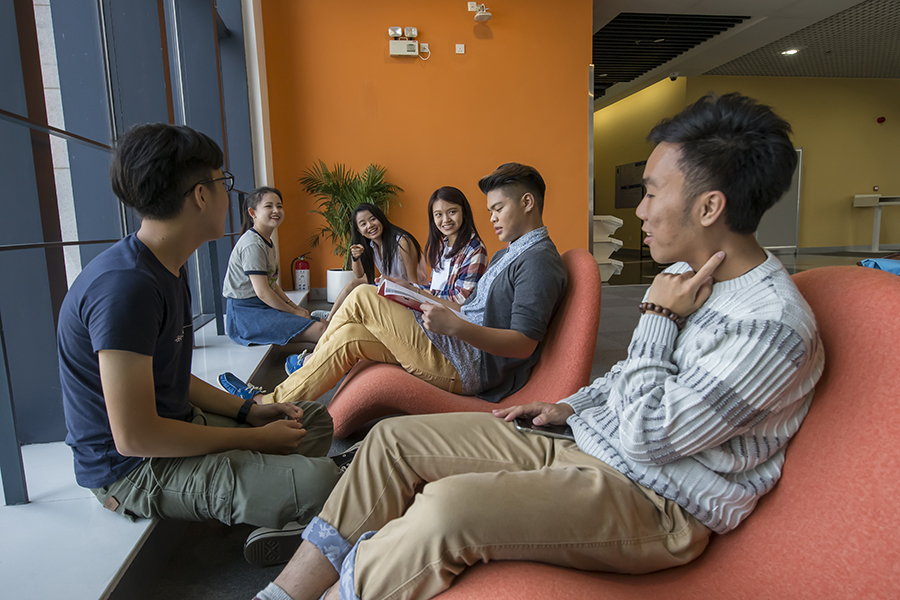
36377-80975
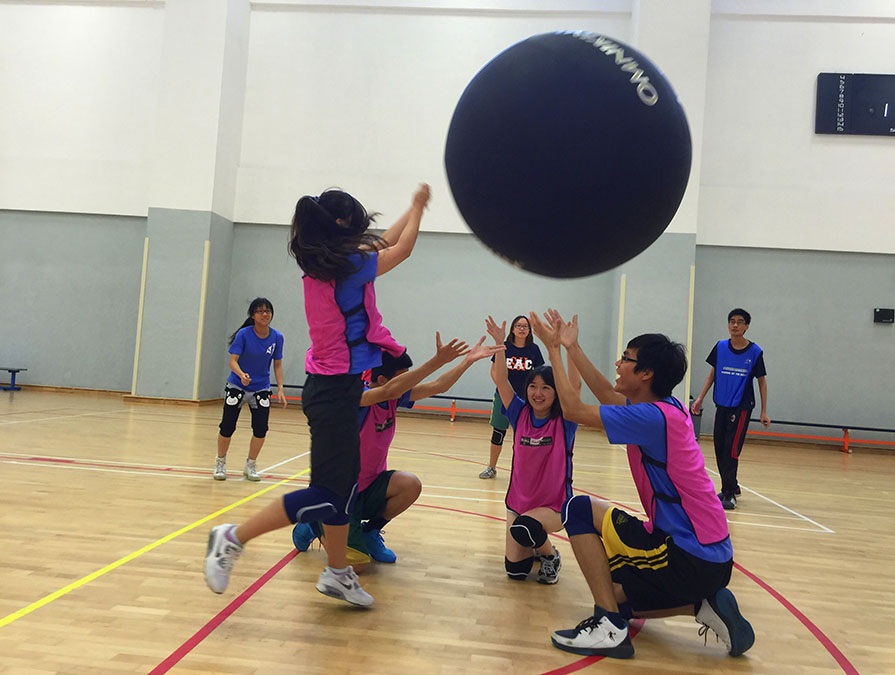
Students develop teamwork and leadership skills through various activities
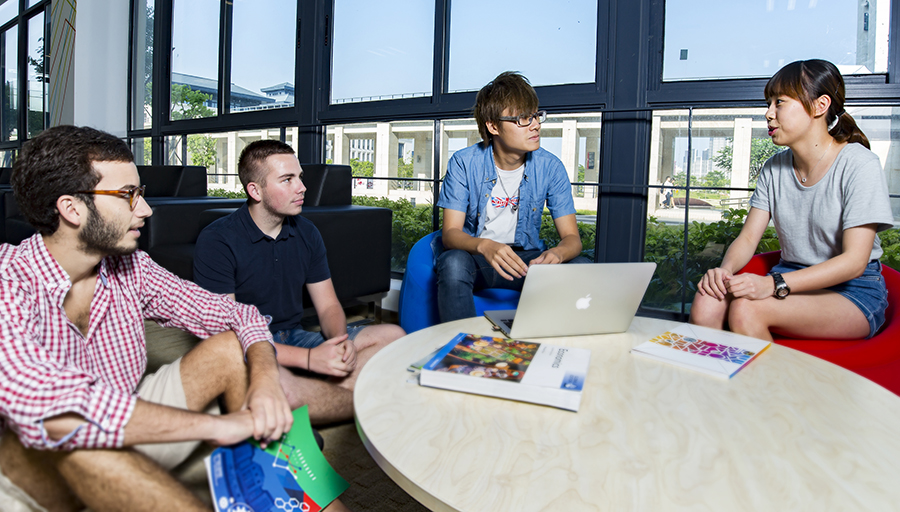
Residential colleges create various opportunities for students to interact with students from overseas so they can understand more about different cultures
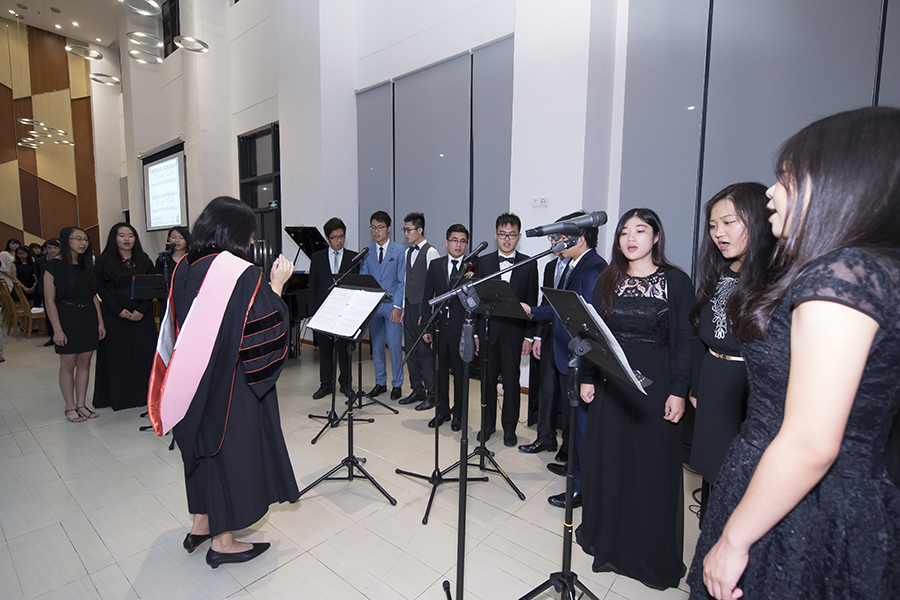
Residential colleges serve as the ideal vehicle for implementing liberal arts education

The residential colleges organise a variety of activities on a regular basis
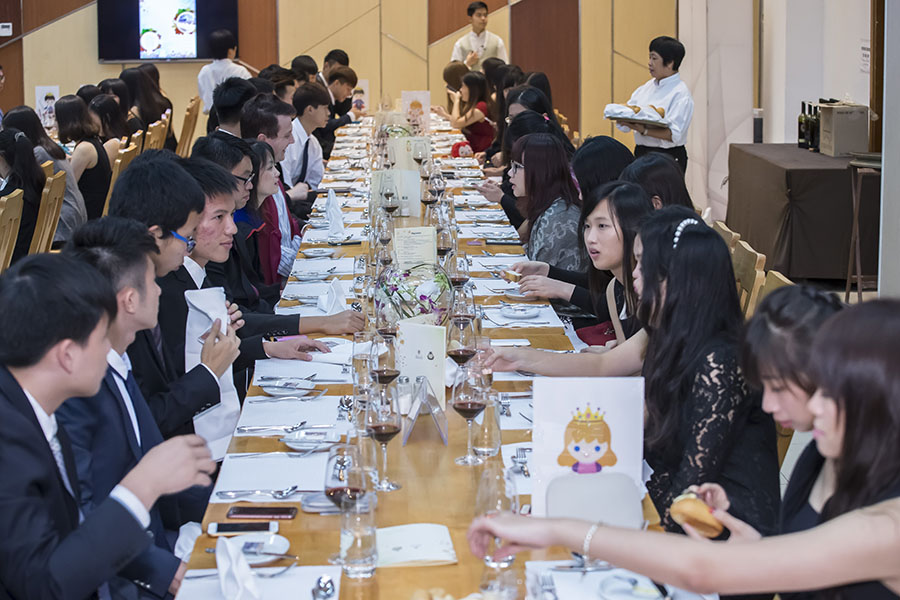
The High Table Dinners help students develop interpersonal skills
